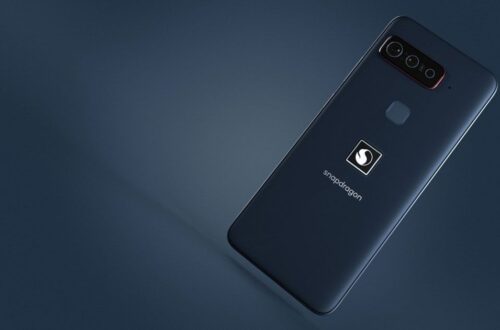Many products have gradually replaced USB Micro Ports with USB Type C, and USB Type C and Apple Lightning are two of the most important ports used in smartphones today. Apple recently changed the main port of its iPad Series to USB Type C. But recently the European Union suggested using a common USB port for all smart devices.
The resolution, which was taken as an important step in combating electronic waste and consumer inconvenience, states that USB Type C ports are essential for the quality of electronics and to minimize inconvenience to consumers. It includes all smartphones (including Apple iPhones), tablets, cameras, headphones, portable speakers and video gaming consoles.
If the resolution is passed, Apple could be the most affected company. It is reported that due to the influence of the European Union, Apple will have to release iPhones with USB Type C port in the future. And the best solution for Apple is to start selling their next iPhone Series in Europe with USB Type C. However, even for a trillion-dollar company like Apple, it would be an expensive task.
In other words, this may be the right time for Apple, which has been planning to remove the charging port from the iPhone for a long time. As the proposal applies to wired chargers, it is expected that Apple will focus on port-free wireless iPhones in the future.
It is important to note that all of this is still just a suggestion at the moment. For the resolution to become law, it will have to be passed by the European Parliament and the Council, and current information suggests that the resolution will soon be adopted and take effect.
Among the other features of the resolution is the fast charging technology agreed upon and the removal of the charger from the box. That is, the customer should be provided with accurate data on the charging performance of the charger and the manufacturer is also advised not to provide a new charger with mobile phones. The EU believes the move will limit purchases to new charges and save $ 250 million a year.


